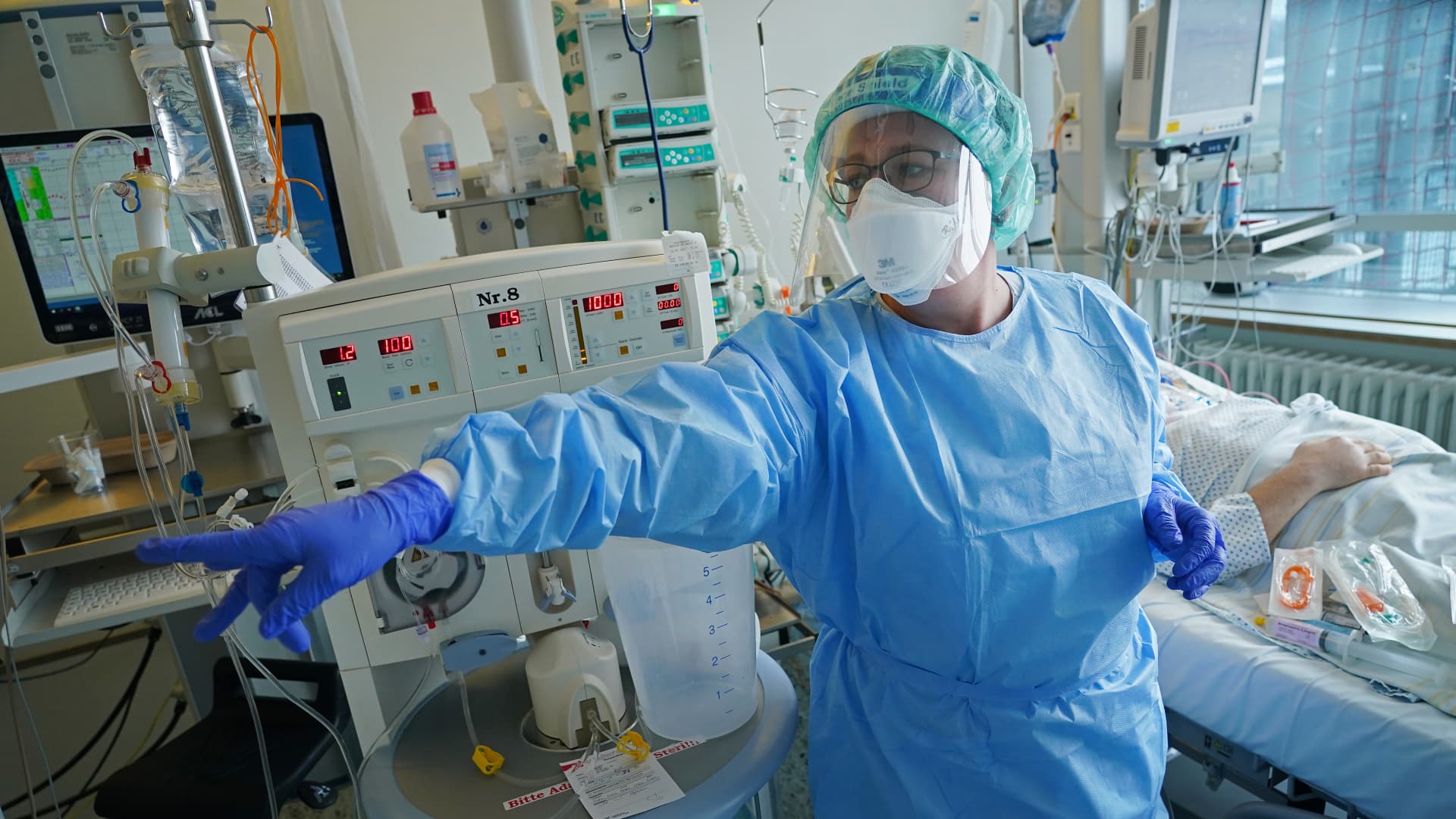- The Handoff
- Posts
- The Handoff - Issue #9
The Handoff - Issue #9
Quick and dirty nursing news that’s worth sharing

Hello fellow Nurse, this is your weekly handoff. Some quick and dirty nursing news that’s worth sharing. Enjoy!

Something to make you laugh
I was browsing reddit what I came across this post. This writer posts about their frustration that their hospital has stopped utilizing bed alarms because "someone did a study" that showed that bed alarms are actually not beneficial in preventing falls. So their hospital removed them and started promoting hourly rounding as a safe way to prevent falls. Because haven't you heard? Confused people only get up hourly... I am sure someone did a study on that too. I would love to know which hospital this was. I would especially love to know how many falls they have now- this post says they aren't even staffing sitters because they do not promote rest for the patients. Absolutely idiotic if you ask me. So why am I choosing to share this? The comments alone made this post worth a read. Nurses have no issue saying how they really think. My personal favorite comment is: "There should be a study showing how far administrators have their heads lodged up their posteriors".
Something to Listen to
As promised, we have part two of the psych meds podcast with Dr Mohammed Sollman, MD, PhD, MBA. This week he continues his discussion on how much psychiatry plays a role in all aspects of healthcare with a discussion on different antipsychotics. Just like last week, he really emphasizes the importance of understanding these medications and psychiatric patient needs as they affect every aspect of their health. Especially as psychiatric medications are rapidly changing and improving, it's important to keep up to date. He discusses the newer approach to antipsychotics in the form of long acting injections- a medication that therefore does not have to be taken every day. I currently work with adults with disabilities and we have several clients who use long acting Invega shots and it has made a HUGE difference. Taking a shot once a month versus needing to remember to take a medication every day has made a huge difference for people that require this now. This one is super informative if you have 30 minutes to spare to listen!
Something to talk about next shift
Wow, they're finally maybe figuring it out! This article discusses how several hospitals are trying to cut costs on travel nurses and maintain core staff by creating an "in house" travel program. This program allows more schedule flexibility, higher pay and for some, easy transfers between hospitals within the same system. St Peter's, in New York, saw a trend of older nurses postponing retirement when their program allowed them to work part time and have flexible hours. Honestly, flexibility, for me at least, is almost as big of a benefit as increase in pay. If I can work in a vacation by spacing out my shifts I am personally much less likely to call in. In a survey conducted by the American Nurses Association flexible schedules was a top priority for more than half of nurses. The program also an increase in pay- giving new nurses an opportunity to make more without leaving their local hospital. Maybe I will just email this article to my local hospitals to see if they will catch on...
If you liked this newsletter please share with your friends. Which bullet is your favorite? What do you want more or less of? Other suggestions? Email me and let me know.

